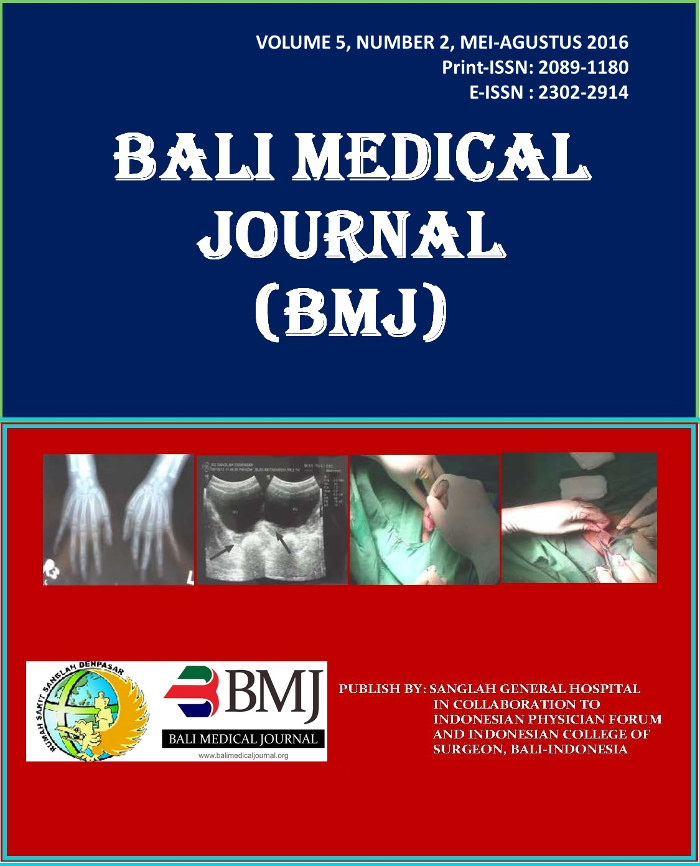The Relationship Between Education, Job, and Family Income with TB Medication Dropouts in Timor-Leste
Abstract
Background: TB treatment dropout is one causes of treatment failure, which could increase drug resistant cases. Drug resistant cases of TB were reported by the Ministry of Health of East Timor in 2008 (3 cases), 2009 (3 cases), and in 2010 (6 cases). With drug resistant emerging, TB will require longer treatment time. According to the WHO report (2013) the results of pulmonary tuberculosis BTA (+) treatment were reported: Year 2010 the number of failure of treatment was (0.53%); Died of TB (3.53%); Drop out of treatment (4.05%); Outmigration (3.98%); In 2011 cases of treatment failure (0.50%) Died of TB (3.36%); Drop out of treatment (3.36%); Outmigration (1.92%); In 2012 cases of treatment failure (1.03%); Died of TB (3.49%) Drop out of treatment (4.59%) and migration, (2.26%). According to the National Statistics Directorate (NSD) in 2011, that the East Timorese people still live mostly 70.4% in the rural areas. While access to health services remains a challenge, since the people of Timor Leste proclaimed the restoration of its independence. Objective: This study aimed to determine whether there is a relationship between the variables of education, family income, and job with cases of TB medication discontinuation. Methods: This study was conducted using descriptive correlation method. The sample was determined by Ridwan & Akdon (2010) formula. The total of samples was 100 people who met the inclusion and exclusion criteria, and selected randomly. This research was conducted in District Manatuto and Liquica Timor-Leste on March 28, 2015. Results: The correlation test showed a strong positive relationship level if r = 0.51 until +1. Analysis of significance value of r xy = 0.671 and p = 0.000 indicates that there is a significant relationship between the variables of education, job and income with variable discontinuation of treatment. Conclusion: Based on the results of research and data analysis, it can be concluded that the results of this study are as follows: There was a significant relationship between the variables of education, household income, and jobs to the discontinuation of TB treatment.Downloads
Download data is not yet available.
Published
2016-06-22
How to Cite
SILVA, Valente Da et al.
The Relationship Between Education, Job, and Family Income with TB Medication Dropouts in Timor-Leste.
BALI MEDICAL JOURNAL, [S.l.], v. 5, n. 2, june 2016.
ISSN 2302-2914.
Available at: <http://ojs.unud.ac.id/index.php/bmj/article/view/21953>. Date accessed: 13 aug. 2025.
Issue
Section
Articles
Keywords
Relationships, job, income, education, discontinuation, medication


